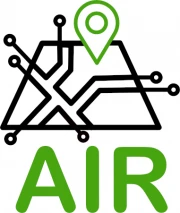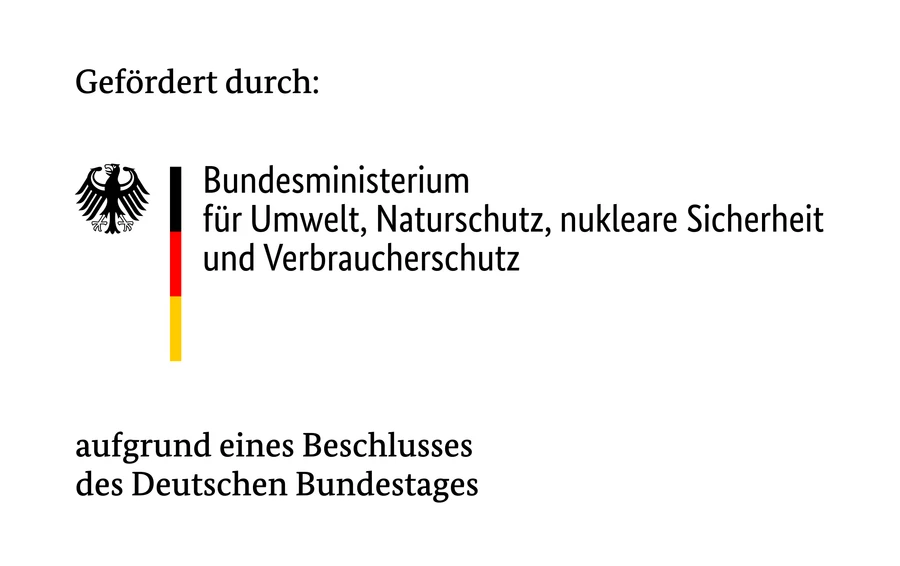Project AIR - AI-based Recommender for Sustainable Tourism
AIR: Using artificial intelligence to equalize visitor flows
Crowded hiking trails, occupied parking lots, high-traffic attractions: These problems have long existed at tourist hotspots. The corona pandemic has exacerbated the situation in many places, and sometimes all that's left is closures to deal with congestion. However, restrictions, bans and barriers are costly and frustrating for visitors because they can only be seen when it is already too late. That's why smart solutions are being researched to inform people digitally and thus enable a guiding function in a timely and voluntary manner. This is to "nudge" people to seek destinations that are not too busy and perhaps congested.
Nationwide pilot project for digital visitor management.
The AIR (AI-based Recommender for Sustainable Tourism) project is a nationwide collaboration of destination practitioners and research partners investigating how such digital visitor management needs to be designed to provide visitors with appropriate information about current or expected occupancy at their desired destination at an early stage. All the necessary elements of a digital visitor management system, from frequency measurement to data exchange and the development of intelligent recommendations to provision in smartphones or at other digital contact points, are being investigated by the research partners Outdooractive (Immenstadt), WTZ Füssen (Kempten University of Applied Sciences), West Coast University of Applied Sciences (Heid) and Kiel University of Applied Sciences, as well as the Institute for Tourism and Spa Research in Northern Europe in Kiel, using pilot applications. Integration with other smart developments in the destinations also plays a role.
Pilot regions from NRW: Sauerland and Ruhrgebiet
In addition to tourist destinations in Bavaria and Schleswig-Holstein, two of the pilot regions are in North Rhine-Westphalia - the Sauerland and the Metropole Ruhr. The Ruhrgebiet is represented by a "use case" along the RuhrtalRadweg, a long-distance cycle route that is well-known beyond the region. In view of the fact that the Ruhrtal can become very crowded and congested, especially during good weather in spring and summer (e.g. at Kemnader See or Baldeneysee), the Ruhrstauseen area is being examined to determine which measures would be necessary, appropriate, sensible and promising at peak times with high visitor numbers in order to have a steering effect on holiday cyclists and cycle excursionists.
Project objective: Identification of success factors
The goal of the three-year project, which began in January 2022, is to develop data and solutions that will help the pilot regions to test and improve functioning visitor management and to identify success factors that can be transferred to other destinations. "Artificial intelligence" algorithms for forecasting and generating recommendations play an important role in this process.
The project is funded by the German Federal Ministry for the Environment, Nature Conservation, Nuclear Safety and Consumer Protection from the "AI Lighthouses" program with a total of around 3 million euros.
Click here for the project website.

